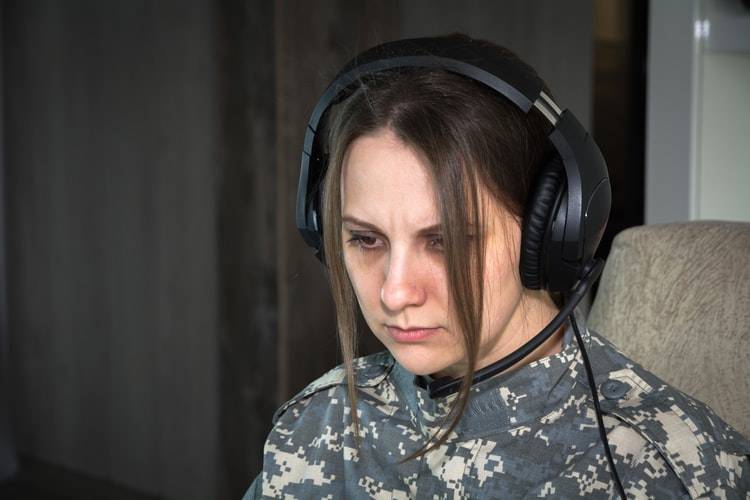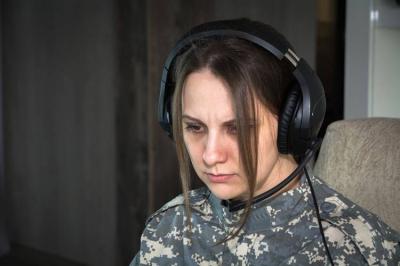U.S. soldiers reviewing their information on well-known educational apps inadvertently disclosed nuclear secrets, according to an investigation published Friday by "Bellingcat," which was able to accurately pinpoint the locations of U.S. thermonuclear bombs stored in Europe. To learn about matters such as sites containing underground “hot” concrete buildings housing nuclear bombs, security patrol schedules, and other details, the soldiers created digital flashcard groups on applications including "Chegg," "Quizlet," and "Kram."
The article's author, Foeke Postma, noted, "By simply searching online for terms known to be associated with nuclear weapons, Bellingcat was able to discover flashcards used by military personnel stationed at the six European bases noted to house nuclear weapons." One group of seventy flashcards found on Chegg, titled "For Study!", referred to shelters containing nuclear weapons at Volkel Air Base in the Netherlands. One question on a card asked, "How many WS3 vaults are at Volkel Air Base?" The answer on the card was "eleven (11)." "WS3" is the abbreviation for the military term for weapons storage and security systems.
The Dutch government has never officially acknowledged that Volkel Air Base in the southeast of the country houses nuclear weapons. Another card from the same set indicated that five of the eleven vaults were "hot" and the other six "cold," with precise identification of each.
Additionally, an eighty-card set found on "Kram" detailed the hot and cold vaults at Aviano Air Base in Italy, showing how a soldier should activate them based on the alert level. U.S. soldiers responsible for the nuclear arsenal in Europe regularly undergo lengthy and detailed security assessments, which force them to memorize large amounts of information and acronyms.
Another example mentioned that at bases where air-launched thermonuclear missiles "B61" are stored, the aircraft hangars (abbreviated as "BAS") were equipped with security systems (WS3) and a concrete structure (vault) that could contain four thermonuclear bombs "B61".
Worse yet, a soldier entered the necessary usernames and passwords online to deactivate the "WS3" security systems. Bellingcat also reported being able "to find details of... all other European bases known to house nuclear weapons: Incirlik (Turkey), Ghedi (Italy), Büchel (Germany), and Kleine Brogel (Belgium)."
The investigative website is known for unveiling Russian military intelligence agents and documenting the use of chemical weapons in Syria. The earliest of these files dates back to 2012, but the most recent was posted online in April 2021, according to Foeke Postma, who noted he attempted to get comments from NATO, the U.S. Department of Defense, and the U.S. Army European Command (EUCOM) for his article. Review papers were removed from the applications shortly after his request for comments.




